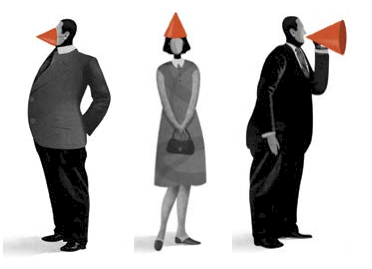Boosting Transit Ridership – $2 at a Time
A majority of commuters in the US choose to drive alone. We aimed to understand the influence of monetary incentives and anchoring on the transportation choices of residents in Los Angeles, California. Our key results included willingness to accept values averaging around $7, a difference in acceptance rates between anchoring treatment groups, and a significant change in acceptance rates when shown double-digit compared to single-digit values. This presents an opportunity for transit-based companies to invest in monetary incentive schemes to boost sustainable mode use.











